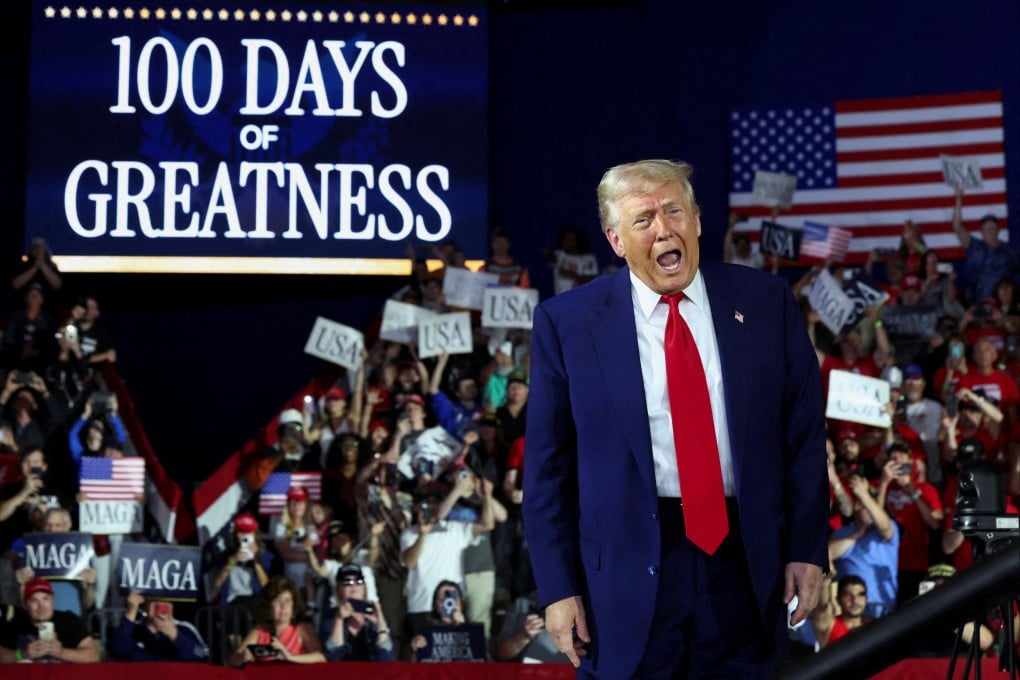Advertisement
Opinion | Thanks to Trump, China has the cards it needs to win the trade war
Trump’s actions have left nations feeling betrayed while accelerating China’s self-sufficiency. These, plus Beijing’s rare earth dominance, could spell victory
Reading Time:3 minutes
Why you can trust SCMP
3

While US President Donald Trump has been consistent in using tariffs to try to force China to buy more American goods to reduce the trade deficit, his policies have inadvertently provided Beijing with multiple pathways to gain the upper hand in the trade war.
Trump, as a business executive, may view US-China relations in terms of a buyer-seller dynamic. He may think the United States has leverage as the largest buyer of Chinese goods. But until the US establishes reliable sourcing alternatives or solidifies an end-to-end supply chain solution domestically, it may have no competitive edge over China.
Conversely, China has maintained its position as the world’s largest manufacturing hub, contributing about 30 per cent of global manufacturing added value last year. Furthermore, China dominates the global sales of critical materials for semiconductors and electric vehicles, granting it significant leverage.
Since Trump’s return to the White House, he has ratcheted up US tariffs on Chinese goods to 145 per cent in the hope that China surrenders and initiates negotiations. But instead of backing down, China responded with retaliatory tariffs of 125 per cent on US imports and declared itself done with the tit-for-tat. While it later reportedly exempted some US imports from the tariff, Beijing has denied engaging in tariff negotiations with the US.
China, it would seem, is betting on Trump backing down. After all, China has three cards it can play to win the trade war.
First, Trump’s April 2 announcement of “reciprocal” tariffs has raised doubts about US trading partnerships with more than 90 countries, including European Union members, Vietnam, Malaysia, Indonesia, Cambodia, Japan and South Korea.
Advertisement
